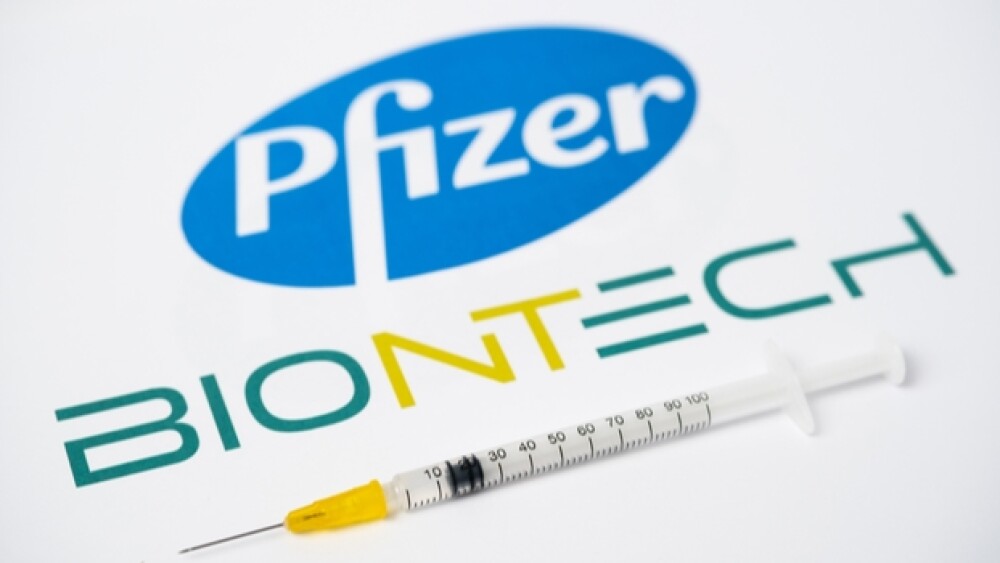Children under the age of five could be eligible to receive Pfizer-BioNTech’s vaccine against COVID-19 as soon as late June.
In the latest news from Pfizer and BioNTech, children under the age of five could be eligible to receive vaccination against COVID-19 as soon as this month. The companies announced on Wednesday that they had completed their application to the U.S. Food and Drug Administration for a three-dose series of their COVID-19 vaccine in children ages six months to five years.
The need and desire for protection against COVID-19 in children has been increasing as the pandemic continues into mid-2022. Currently, there is no COVID-19 vaccine approved for children under the age of five, and a recent nationwide analysis found that about two in every three children between one and four years old in the U.S. have been infected with SARS-CoV-2.
It’s possible that Pfizer and BioNTech’s three-dose series for children under the age of five could be approved as soon as this month. The vaccine partners completed their rolling application to the FDA, and the FDA stated it had accepted the application for Emergency Use Authorization (EUA). The agency plans to convene on June 15th to discuss the request as well as Moderna’s application.
Pfizer and BioNTech’s application is based on data the companies shared in late May. A Phase II/III clinical trial found that a three-dose series of the vaccine was 80.3% effective in children dosed, and it elicited a strong immune response. In addition to having a favorable safety and tolerability profile, the vaccine may protect against the Omicron variant, as the third dose of the vaccine was administered during the peak surge of the variant.
Moderna submitted its EUA request for its COVID-19 vaccine in children between six months and five years in April. The company’s request for EUA is based on data that showed a robust neutralizing antibody response during the Omicron variant surge. The two-dose series provides an efficacy of 38% in preventing infections in children ages two to five and 44% efficacy in children ages six months to two years. Additionally, the vaccine was able to mitigate serious infections, and infections that occurred were considered to be mild.
The FDA is anticipated to move as quickly as possible to review the EUA requests submitted while employing a science-based approach.
This month may also bring the approval of a new COVID-19 vaccine from Novavax. The company submitted data to the FDA in January for NVX-CoV2373, which is already approved and marketed in other countries under the name Nuvaxovid. In Phase III trials, the vaccine achieved an efficacy response of 90.4%. If approved, NVX-CoV2373 would become the first protein-based COVID-19 vaccine approved in the U.S.
If the vaccines receive approval for children, the question will become whether parents will be receptive to having their child vaccinated. Although children ages five to eleven are currently approved to receive the Pfizer-BioNTech COVID-19 vaccine, only 29% of eligible children have received the two-dose series, according to the American Academy of Pediatrics, leaving about 18.4 million children unvaccinated.
Featured Jobs on BioSpace





